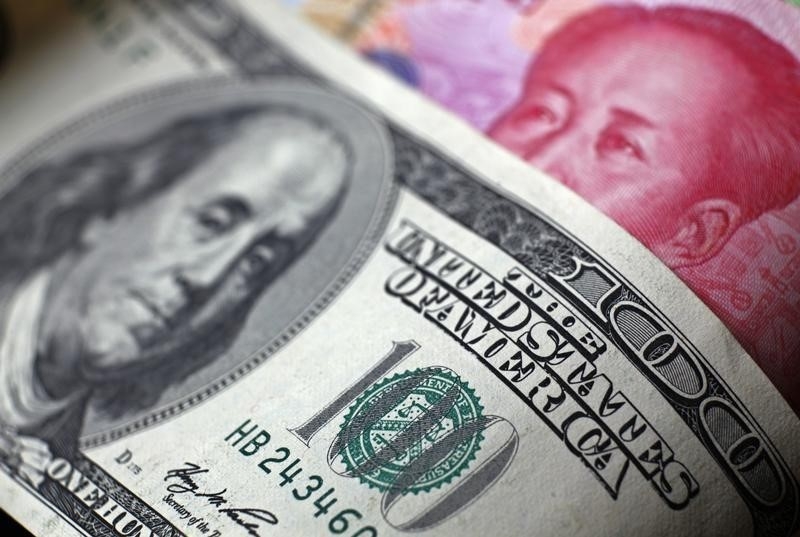The impact of China-U.S. Trade War on Forex Traders

Unless you’ve spent the last three years living under a rock, you’ll be aware of escalating geopolitical tensions between the U.S. and China. These are primarily focused around trade, with U.S. President Donald Trump having initially raised concerns about China’s trading practices before he took office in 2016.
His reasons for this are somewhat sketchy, although it’s clear that the President’s protectionist policies and supposed desire to protect U.S. firms and workers is underpinning his approach.
He is also being supported by a number influential aides, some of whom believe that the U.S.-China relationship is currently too beneficial towards Beijing. But how is this trade war progressing, and how can forex traders benefit?
Trump launched an investigation into Chinese trade policies after his inauguration in 2017, after which it imposed billions of dollars in tariffs on Chinese products.
Leaders in Beijing responded in kind, with 10% tariffs applied to various exports from both countries.
Whilst these tariffs were halted in December as a prelude to new and hopefully more progressive talks, these have proved to be fruitless and the U.S. has since doubled the previous levies placed on £153.7 billion of Chinese products.
Now, Chinese firms are required to pay a 25% tax on various imports, whilst Beijing has resumed and increased its own tariffs on more than $60 billion of American products.
Last month, under the pressure from Trum administration, tech giant Google suspended business with Chinese company Huawei and cancelled its license for Android operating system.
Trump’s own economic policy team have warned him against escalating the trade war further, thanks largely to the fact that both parties are likely to suffer over time.
The global stock market has also been inclined to agree, with the Dow Jones having hit record lows throughout the ongoing trade war. This type of exchange is likely to face further downward pressure in the near-term, although it’s important to note that not all financial markets will suffer as the fall-out continues.
In fact, forex traders will have an opportunity to profit from the trade war, despite the fact that this typically sees the volume of goods bought and sold diminish on a global scale. Although this can lead to currency devaluation in instances where governments look to mitigate the pressure experienced by the export sector, this creates a scenario where traders can hedge against certain currencies in pursuit of a profit.
Recently, it’s the USD that borne depreciated most noticeably, whilst the Chinese Yen has performed relatively well. Trading the CNY/USD pairing through platforms like Oanda may not be the best strategic decision, however, with as these currencies are likely to fluctuate wildly and the trade war continues.
Conversely, safe haven assets like the Japanese yen and the Swiss franc offer far greater value and stability, with the JPY/USD pairing renowned for its high levels of liquidity and low volatility.
Ultimately, neither side typically wins after an international trade war, and the ongoing dispute between the U.S. and China is unlikely to provide an exception to this rule.
However, there’s ample opportunity for forex traders to profit by hedging against devalued currencies, and this will continue for as long as the conflict continues.

